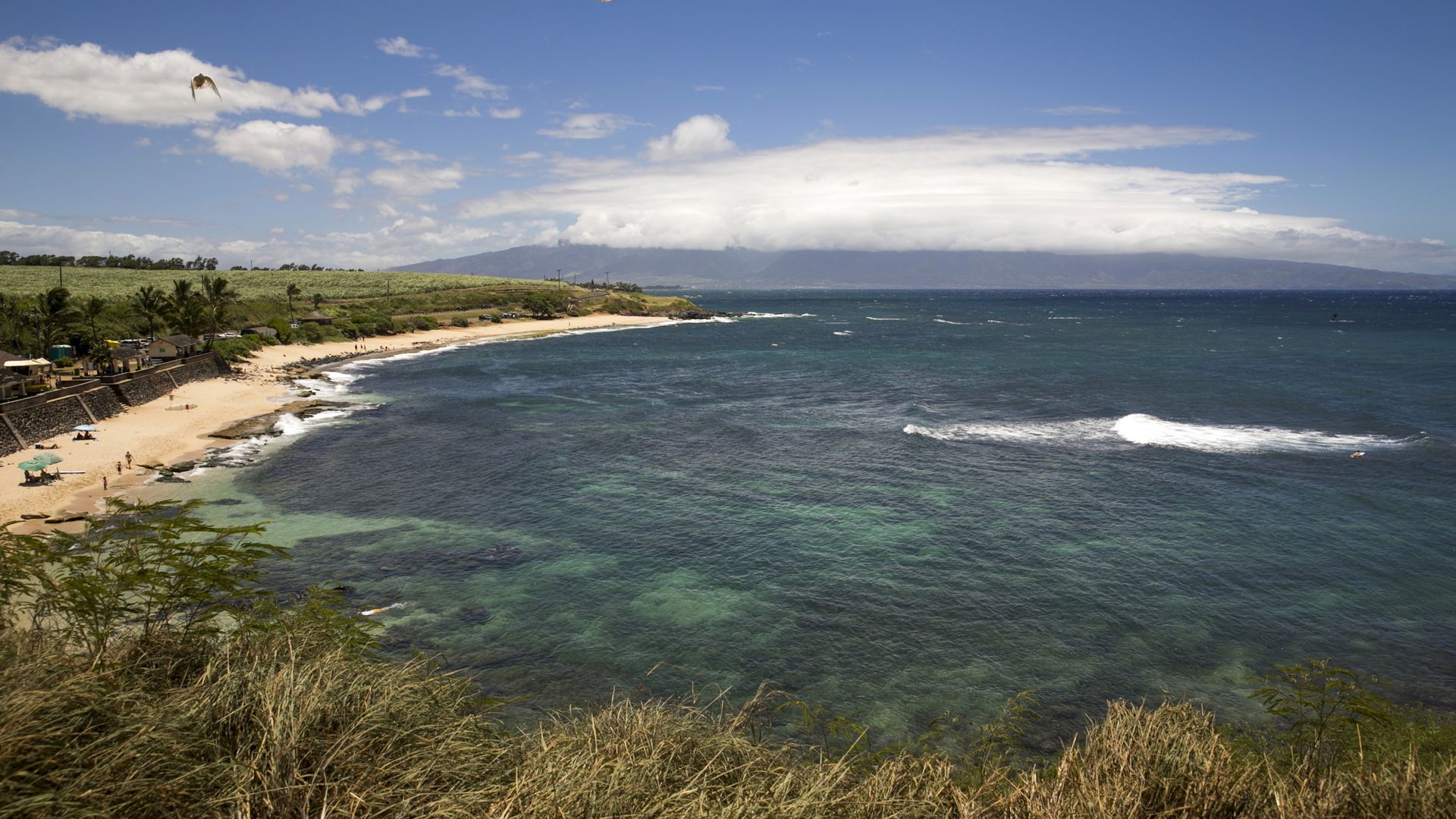Ouster and Velodyne, two lidar companies, have agreed to a merger in an all-stock transaction, the companies said Monday. Both Ouster and Velodyne will maintain a 50% stake in the new company, according to the agreement that was signed on November 4.
The merger comes as many in the industry, including autonomous vehicle technology company Cruise’s CEO Kyle Vogt, have been expecting another round of consolidation in the lidar space. That’s in part because there are too many lidar companies for how many OEMs are implementing the sensor for autonomous driving applications. It’s also because many of these companies, including Ouster and Velodyne, went public via special purpose acquisition (SPAC) at potentially inflated valuations that were based on projected revenue, not actual revenue.
Earlier this year, Velodyne acquired AI and lidar company Bluecity.ai, and last year, Ouster acquired lidar startup Sense Photonics. AV company Aurora bought out Blackmore in 2019, and Cruise acquired Strobe in 2017.
Both Velodyne and Ouster have been struggling with plummeting stock prices over the past year, and neither has been able to turn a profit yet. The companies closed out the second quarter with a net loss of $44.3 million and $28 million, respectively. Loss-generating companies can often maintain investor faith if they at least generate regular increases in revenue, which Ouster has done year-over-year. But Velodyne’s revenue doesn’t seem to have grown at all in the past year; rather it fell 41%.
By merging, the companies hope to combine forces and create scale “to drive profitable and sustainable revenue growth,” according to Velodyne’s CEO Ted Tewksbury.
The companies say that the merger will allow them to realize annualized cost savings of at least $75 million within the nine months after the transaction closes, as well as $335 million in combined cash for the third quarter.
The merger may also be a lifeline for Velodyne, a company that has been struggling over the past year with a series of internal dramas, including the resignation of its CEO Anand Gopalan last July. (Tewskbury took over for him in November.) Velodyne never said why Gopalan resigned, but his leaving cost Velodyne $8 million in equity compensation, according to 2021’s second quarter earnings report.
Prior to that, Velodyne’s founder David Hall was removed as chairman of the board and his wife, Marta Thoma Hall, lost her role as chief marketing officer following an investigation by the board into the two for “inappropriate behavior.” The legal fees for the dramas cost Velodyne $3.7 million in the first half of 2021. In May last year, Hall wrote a letter blaming the SPAC with which Velodyne merged, Graf Industrial Corp., for the company’s poor financial performance.
A new path ahead
The combined company’s board of directors will consist of eight members, four from Ouster’s board and four from Velodyne’s. Angus Pacala, current co-founder and CEO of Ouster, will be CEO of the new company. Tewksbury will act as executive chairman of the board.
In a statement, Ouster said the merger would increase operational efficiencies, most likely by getting rid of redundancies. That usually means layoffs will follow, but the companies did not respond in time to TechCrunch’s request for comment.
With a combined commercial footprint and distribution network, the new company expects to deliver higher volumes of product at reduced costs, Ouster said.
The merger, which will see Velodyne’s share exchanged for 0.8204 shares of Ouster at closing, is expected to be completed in the first half of 2023, pending shareholder approval by both companies. Ouster and Velodyne will continue to operate their businesses independently until the transaction is complete.
Ouster and Velodyne agree to merger, signaling consolidation in lidar industry by Rebecca Bellan originally published on TechCrunch










